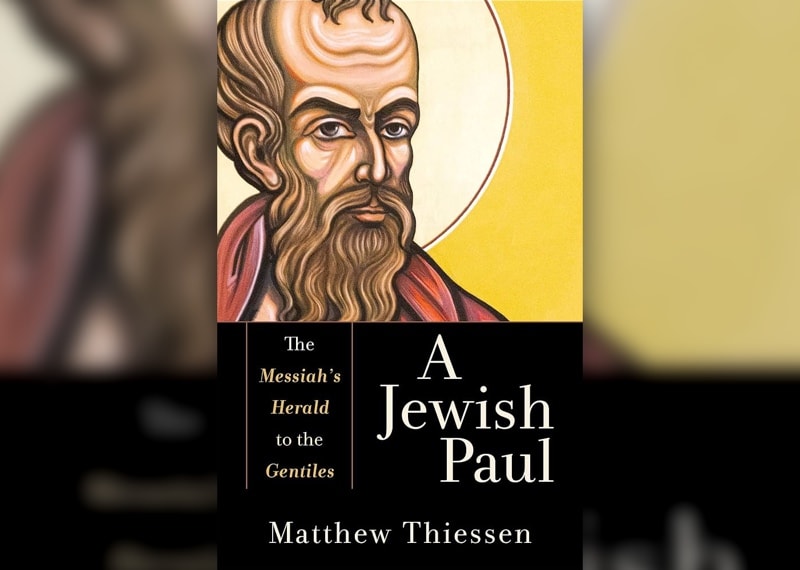I said I would come back to Matthew Thiessen’s “incoherent” account of Paul’s eschatology, so here we are. Chapter four of A Jewish Paul: The Messiah’s Herald to the Gentiles is about Paul the “End-Time Jew.” Thiessen begins: “Paul never wrote an autobiography. Why would he when he expected an imminent end to the current structure of the cosmos?” (49).
This “apocalyptic expectation” was central to Paul’s thought. His response to concerns expressed by the group of believers in Thessalonica was not that the parousia would be delayed indefinitely but that many of his readers would live to see it. Paul includes himself among the living who would be caught up in the clouds, after the resurrected dead, to be with the Lord forever (1 Thess. 4:15-17). Thiessen says: “Paul expected Jesus to return during the lifetime of some of his readers (and possibly during his own lifetime)” (50).

Recent comments